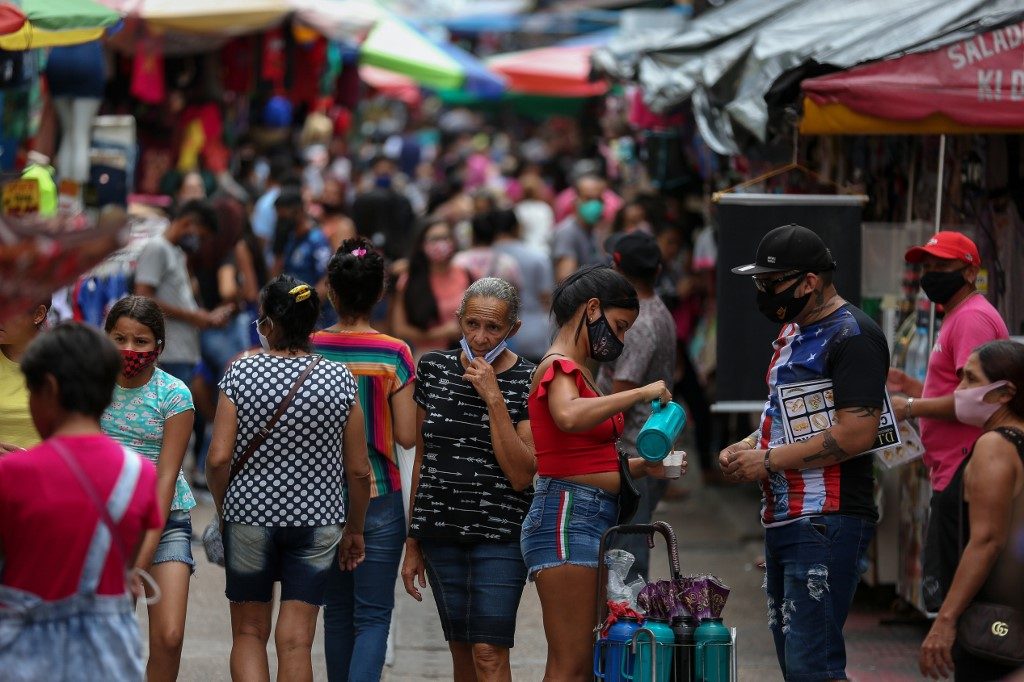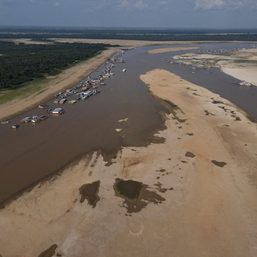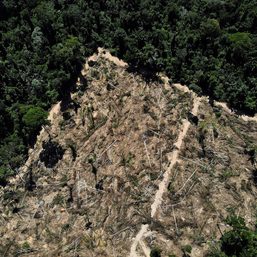SUMMARY
This is AI generated summarization, which may have errors. For context, always refer to the full article.

Brazil’s economy rebounded by 7.7% in the 3rd quarter, surging out of recession as it tries to shrug off the effects of the coronavirus pandemic, according to figures released on Thursday, December 3, by the national statistics institute.
The recovery is significant, but remains below the average 8.8% growth predicted by analysts surveyed by Brazil’s largest financial newspaper, Valor.
“To say that a 7.7% increase is disappointing shows just how exceptional a period we are living in for economic activity,” said Andre Perfeito of Brazil’s Necton consultants. “The fact is we were expecting a bigger increase.”
Overall, gross domestic product (GDP) has fallen 5% over the same period in 2019.
The government of far-right leader Jair Bolsonaro forecasts an overall decline of 4.5% for Latin America’s biggest economy in 2020.
The International Monetary Fund is less optimistic, however. On Wednesday, December 2, it predicted a 5.8% drop in Brazil’s GDP in 2020 and a 2.8% rebound next year.
The Q3 recovery “is a bit weaker than had been expected, but the data still confirm that the economy has fared better than other major Latin American countries so far during this crisis,” said William Jackson, chief emerging markets economist at Capital Economics, in a note.
Overall decline
Brazil, with 212 million people, entered a recession after two consecutive quarters of contraction in 2020 – 2.5% in the 1st quarter and 9.7% in the 2nd.
The country has been hit hard by the pandemic, which has killed more than 174,000 people, the 2nd highest death toll worldwide after the United States.
The 3rd quarter rebound is driven by government aid to businesses and the 60 million or so poorest Brazilians, but at the price of an increasingly high public deficit and debt.
“It looks like activity held up well going into Q4 and the latest vaccine developments are clearly good news,” said Jackson, though he warned that fiscal austerity “remains a headwind to the outlook in 2021.”
The aid, initially amounting to the equivalent of around $115, was reduced by half in September and is set to be eliminated at the end of this month.
The government has been providing almost a third of the population with the emergency aid since April 3, which has been credited with preventing greater economic devastation from the pandemic.
It has already cost the government more than $115 billion, or 8.6% of GDP.
Public debt already represented 90.7% of GDP in October, as against 75.8% in December 2019.
These are worrying figures for Economy Minister Paulo Guedes, an ultra liberal who promised a major austerity drive and reforms to clean up public finances when he took office two years ago.
“We are living in a moment of uncertainty, with more questions than answers,” said Jason Vieira, a consultant at Infinity Asset Management.
He said Brazil badly needs reforms to compensate for the fast-approaching end of emergency aid that has reinvigorated the economy.
But many uncertainties remain about the government’s ability to implement unpopular reforms, with Bolsonaro seeking reelection and often at loggerheads with Congress. – Rappler.com
Add a comment
How does this make you feel?







![[Time Trowel] Evolution and the sneakiness of COVID](https://www.rappler.com/tachyon/2024/02/tl-evolution-covid.jpg?resize=257%2C257&crop=455px%2C0px%2C1080px%2C1080px)


There are no comments yet. Add your comment to start the conversation.